But First, Coffee
Tips, tricks, and facts about the hug inside a mug that is coffee.
January 13, 2023
There is nothing like rolling out of bed, bed head and all, sleepily strolling into the kitchen and pouring a hot cup of coffee. My favorite part of getting up is sitting on the couch, slowly sipping a hot cup of coffee, feeling its heat slowly warm me from head to toe.
Coffee originated in the Arabian Peninsula in the 15th century. By the 16th century coffee was already known in Persia, Egypt, Syria, and Turkey. We still get coffee beans from the Arabian Peninsula. If you go and buy a bag of beans, or order a hot pikes place, you are likely drinking 100% Arabic beans.
Originally coffee was not this popular. It was around but nearly everyone was a tea drinker, until the Boston Tea party. Unlike most tea parties, the American Girl dolls were left at home. After the colonists dumped the tea into Boston Harbor, coffee became the more popular beverage among the spiteful colonists.
Today, 65% of the US’s total population drinks coffee. That means 215,735,000 people drink coffee. 30 to 40% of the worlds population drink coffee everyday which means between 2,366,400,000 and 3,155,200,000 people drink coffee every single day.
What about the rest of the population who does not enjoy coffee?
Many other people may not favor coffee because it is too bitter, or might make them too jittery. Some may find it just too expensive, and others may just want to be different.
As your friendly neighborhood barista, I know some simple fixes to if you want to like coffee but just find it too bitter.
You can always try blonde roast. The level of roast depends with how long the beans are roasted. So for blonde roast the beans are roasted for a shorter amount of time then medium and dark roast. This is a natural way the beans become lighter and sweeter. There is also no shame in adding sugar or milk to your coffee.
For those who make coffee at home if you use cool water and don’t steep the coffee for as long it will extract some of the organic acids from the beans that cause the bitter flavor. You can also add a pinch of salt to the beans. It will play mind games with you. The salt will change the way the touch and brain perceive the bitter flavor, causing it to be reduced or even eliminated.
On the other shake-y hand if you do not like it because it makes you too jittery, try an Americano, or just watered down coffee. Adding the water makes it less caffeinated, minimizing the jitters. Or, if you don’t mind the bitter flavor, try dark roast. Caffeine is broken down during the roasting process meaning the longer it roasts for, the less caffeinated it is. If none of these work for you there is no shame in half caf or decaf.
Unfortunately if none of these work for you, I hope you still enjoy your refreshers, teas, and Frappuccino.
Just like anything, people have created many myths about coffee that turn out to, well, be myths. Maybe it is those that who despise it and refuse to drink it, but here’s the facts.
A cup of coffee will not dehydrate you. While yes, caffeine is dehydrating, the amount of water it takes to make a cup of coffee cancels out the dehydrating properties of the caffeine.
There is also no science to back up the idea that coffee stunts your growth, so that is nothing but an old wives tale.
While caffeine can be slightly addictive, and you can have caffeine withdrawals if you get too used to it, those withdrawals will last two days maximum, and not as serves as an actually drug withdrawal.
Unfortunately for those coffee haters, there are a lot of benefits to drinking coffee
Did you know coffee can increase your brain health as well? Another 13 studies were done on this topic. The results stated that those who regularly drink coffee or caffeine had a significantly lower chance of developing Parkinson’s disease. It also slowed down its progression over time.
Coffee can increase your longevity. 40 studies have been done, and they all seem to prove that if you drink between two and four cups of coffee a day you have a lower risk of death. In another study that was done it was proven that coffee decreases your risk of dying from cancer.
So if coffee is not bad for you then why can’t the school sell us coffee? Well in the Massachusetts Nutrition Standards it says “No beverages other than juice, milk, milk
substitutes and water shall be sold or provided.” It also reads, “No food or beverage shall contain more than trace amounts of caffeine.” This means no school provided coffee since that is 100% caffeine.
I bring a coffee to school everyday, no matter what; if you are a senior you also have senior flex, where you get to leave campus during your SPP (student productive period). Most seniors leave to go get coffee to get a hit of caffeine, and there is nothing wrong with that.
It sounds the Massachusetts Nutritional Rule book would rather us leave the safety of our campus in order to get our coffee, then just provide or sell it to us.
Well now that you know a little bit more about the drinks you are consuming, I hope to see you all when I work my next shift.










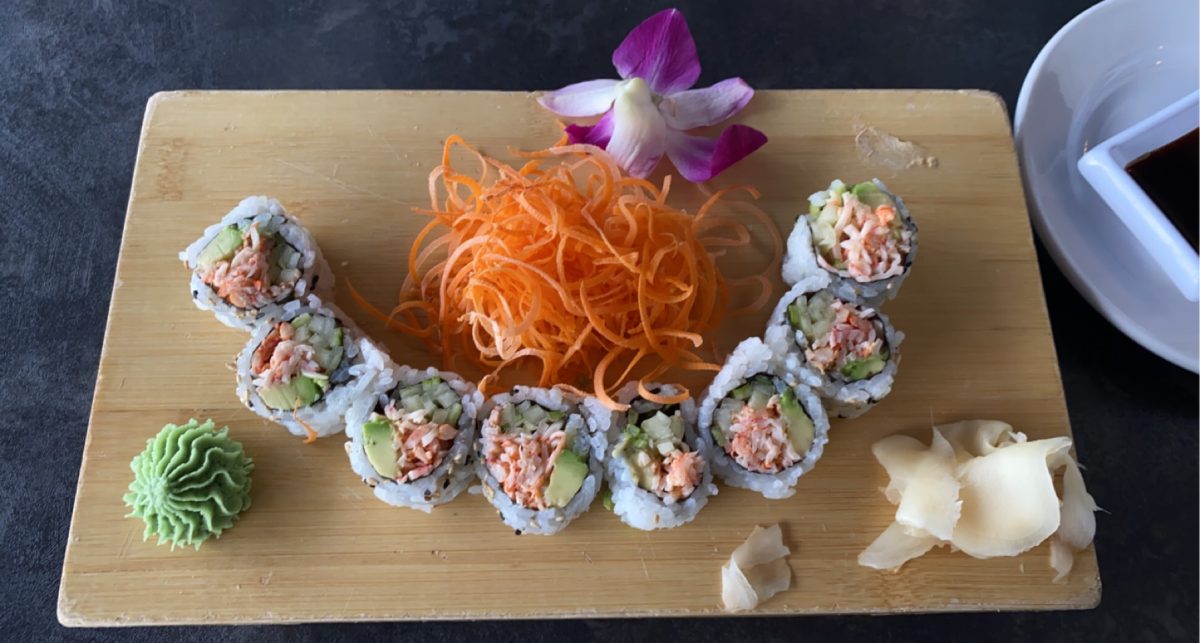




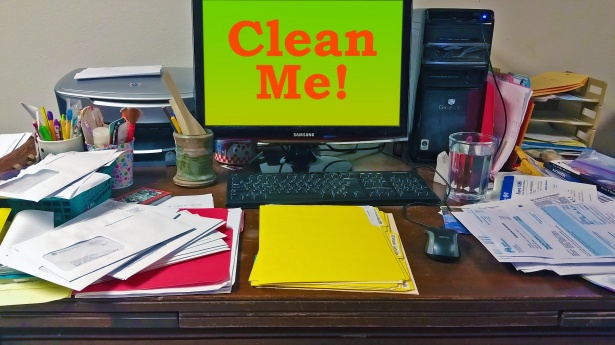
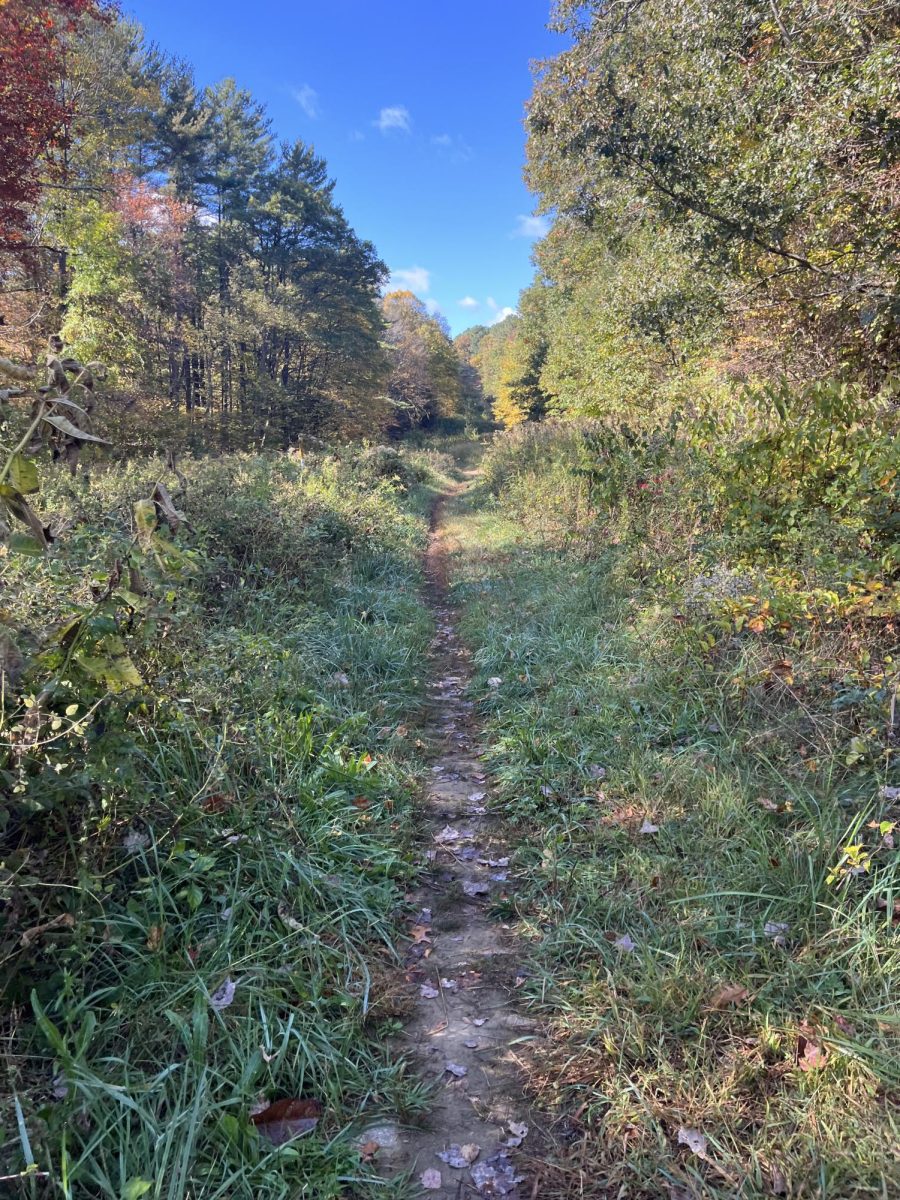
















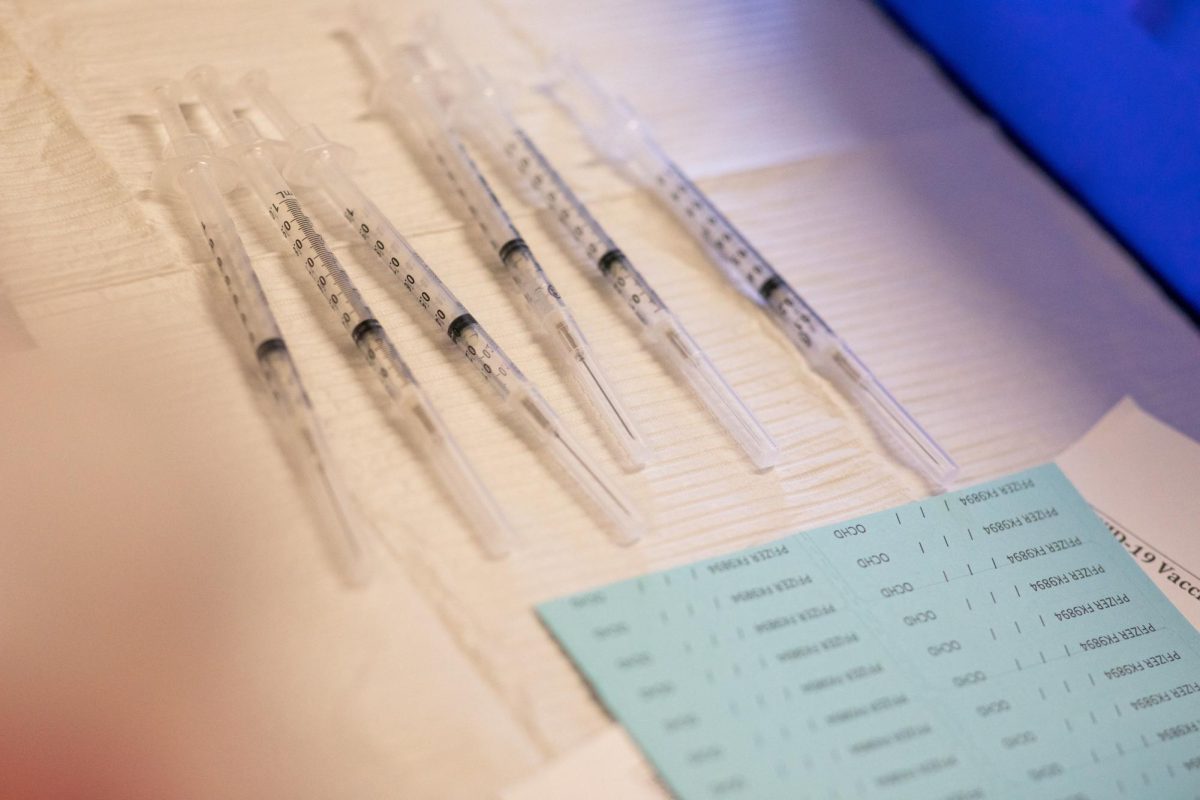

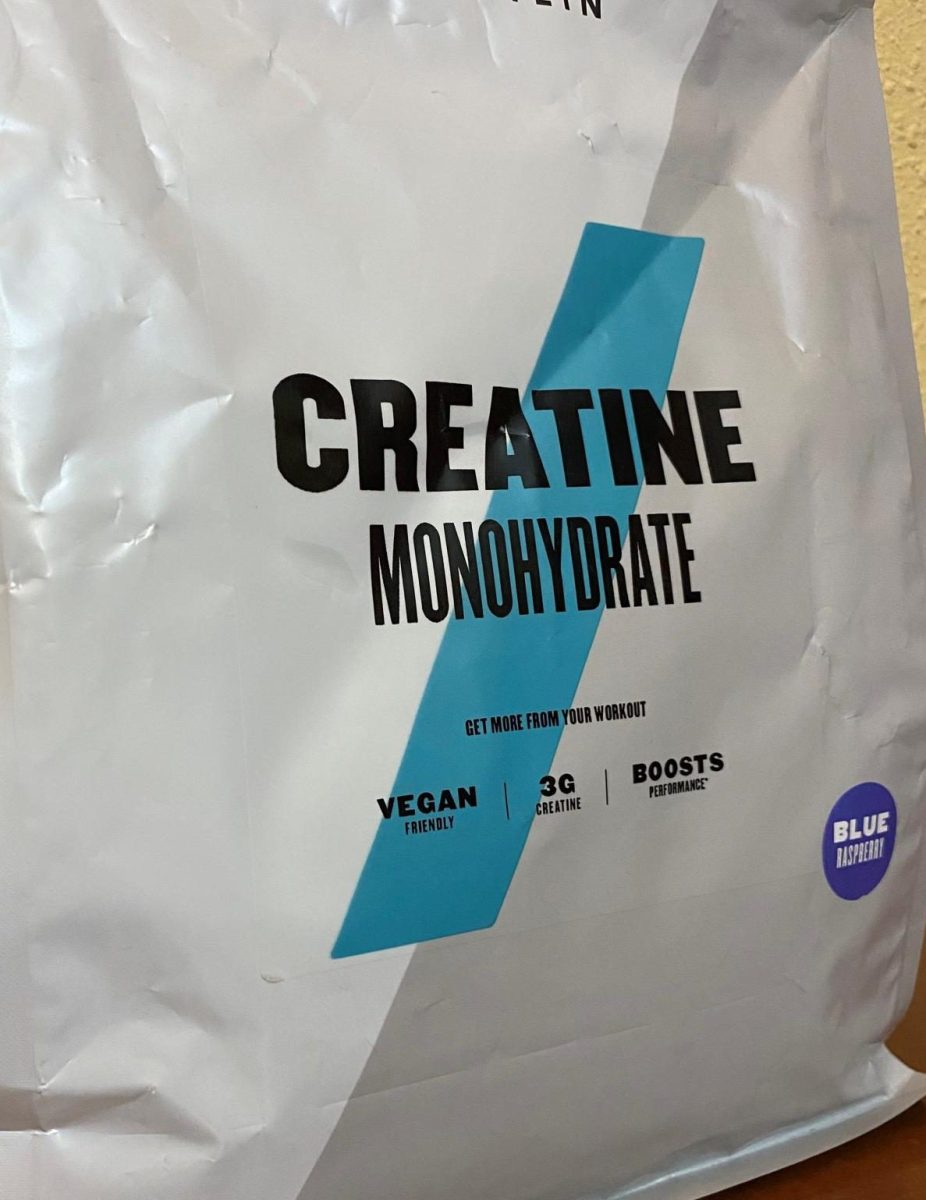
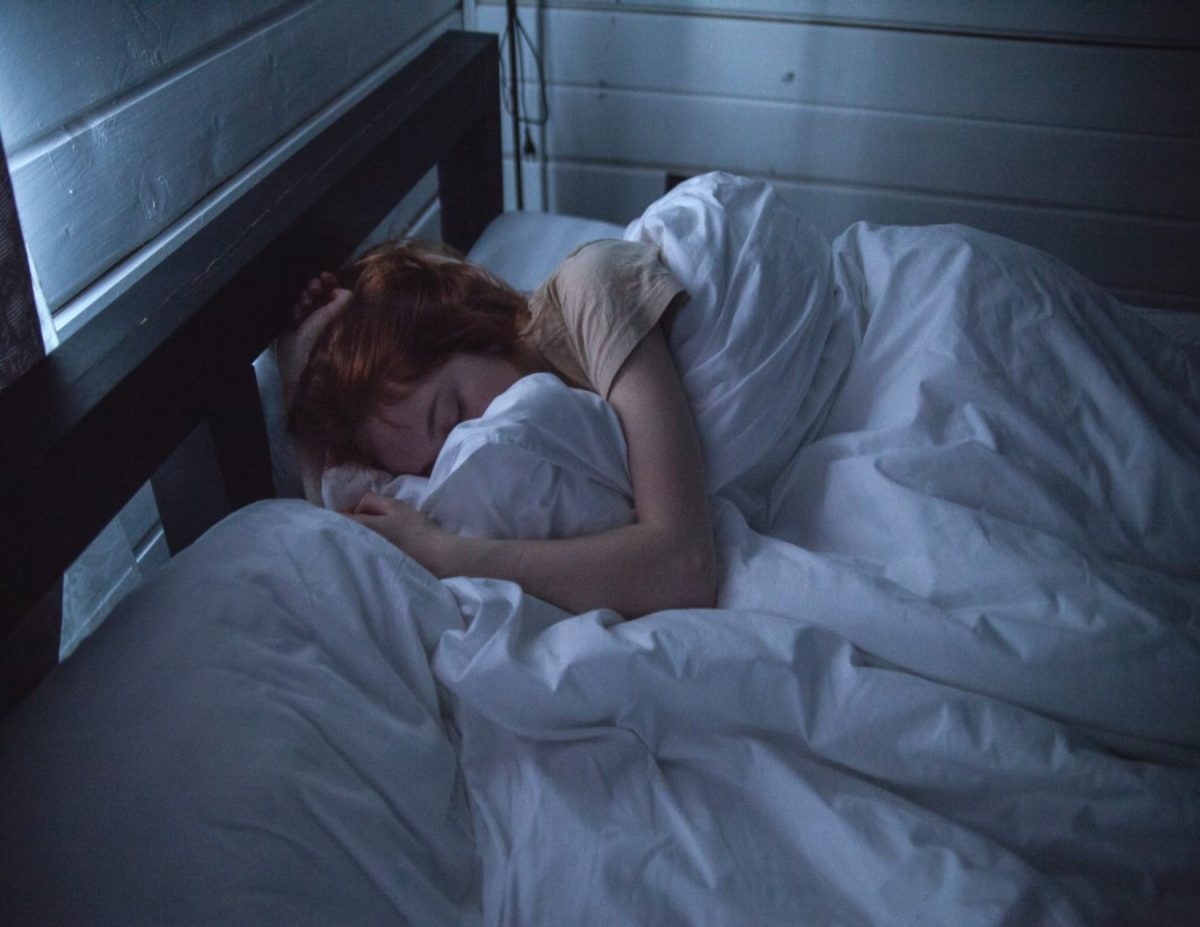
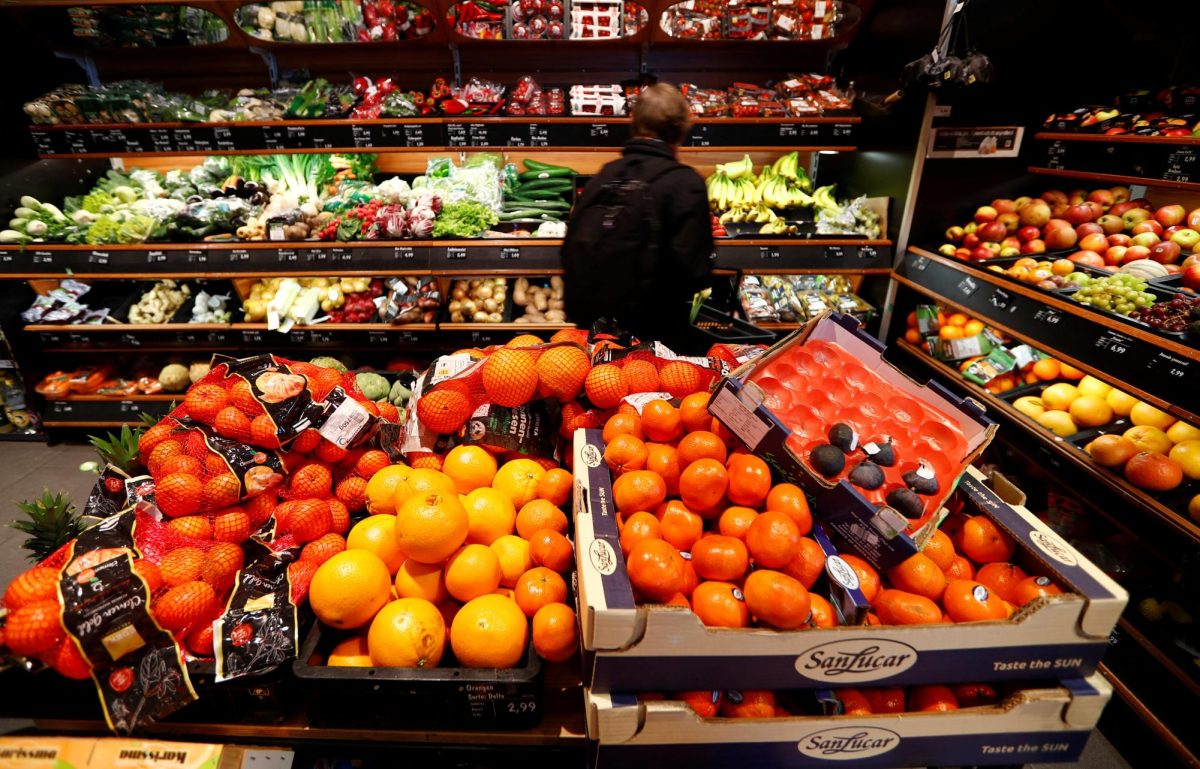
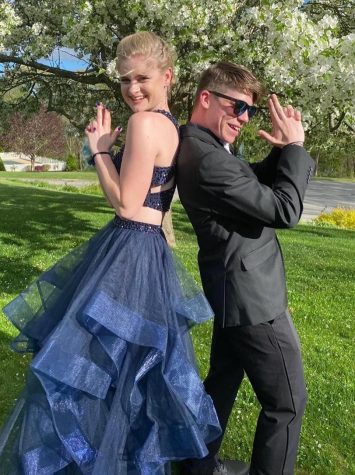
Ted McCarthy • Jan 14, 2023 at 9:30 am
As someone who drinks about 60oz of coffee a day – I support this article! 🙂
Tonya Roberts • Jan 14, 2023 at 7:10 am
Great article Macy! So, wait, Americano is watered down?….
Macy Hutchinson • Jan 17, 2023 at 7:27 am
Yes, an Americano is just shots of espresso and water. So for a Starbucks grande Americano it is 3 shots of expresso and the rest is just water.